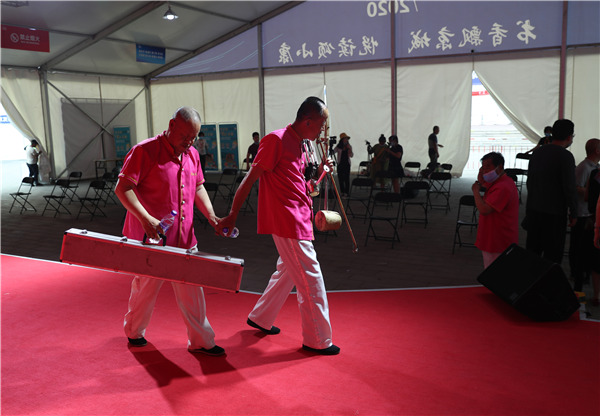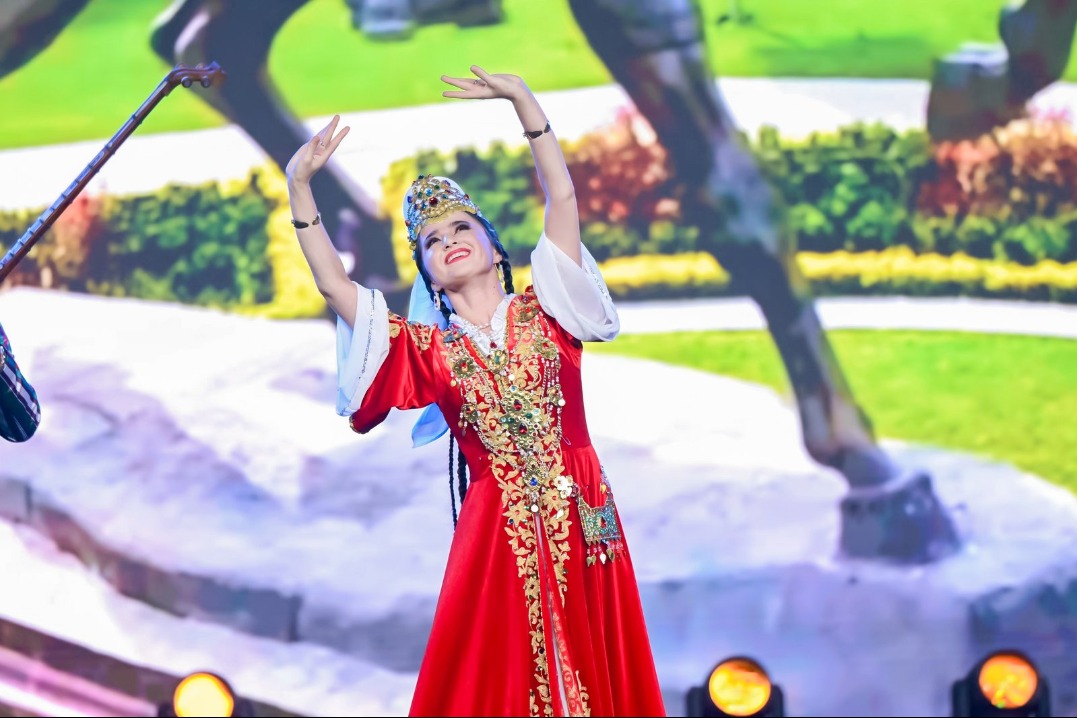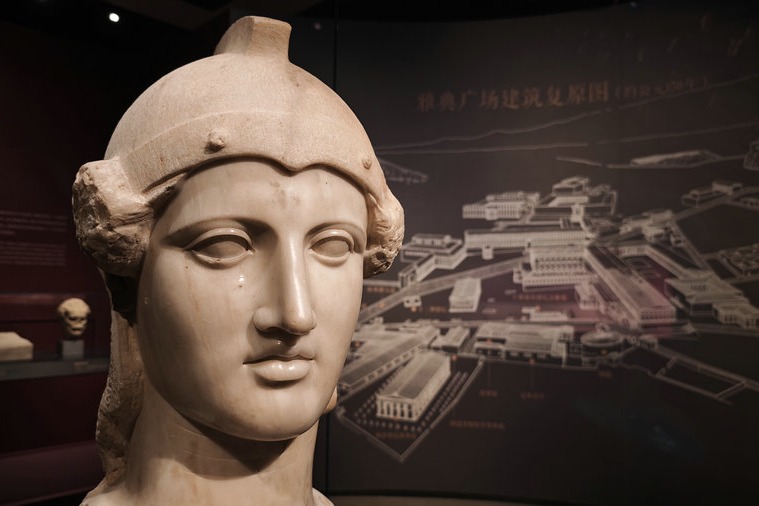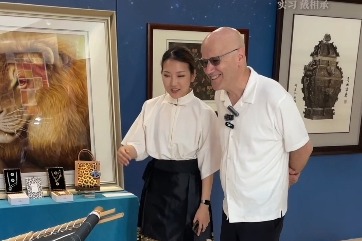Sounds that will be recorded and stored for the ages


Gong, born and bred in Jinzhong, Shanxi, with the Taihang Mountains to the east and Hebei province to the north, graduated from Jinzhong Normal College in 2010. From 2011 to 2016 he worked at the China Conservatory of Music in Beijing with Liu Hongqing, the elder brother of the blind musician Liu Hongquan, who has been researching and promoting blind musicians and their folk music.
"I've been interested in local folk music since I was a child," Gong says."Blind musicians are invited to perform on various occasions, for example at weddings, funerals and to celebrate the arrival of newborns."
The first time he watched Zuoquan blind musicians' perform was in 2007 in a class given by Liu Hongqing, he says.
"They suffer a lot because of their disability. However, their attitude toward life is open and optimistic. They're not looking for pity; they just want their tradition to be passed on."
Last year Li Jianzhong, 21, joined the Zuoquan Blind Men's Publicity Team and became a student of Liu Hongquan.
"What we can do now is to keep their songs alive with recordings," says Wei Xiaoshi, 38, editor-in-chief of China Database for Traditional Music.
"We want to present their songs to audiences through live shows."
Wei has developed an interest in ethnomusicology, the analysis of music from the cultural and social perspective of those who make the music, which was the subject of his doctoral study studies at Indiana State University from 2016 to 2018.
Wei says he first saw blind musicians' perform in Zuoquan county in 2016 and was impressed by the outdoor performance, which attracted about 500 people.
"Unlike live shows in cities, where audiences are liable to play with their smart phones, the audiences at these shows are fully attentive to the music, and for me that was a great experience."





































